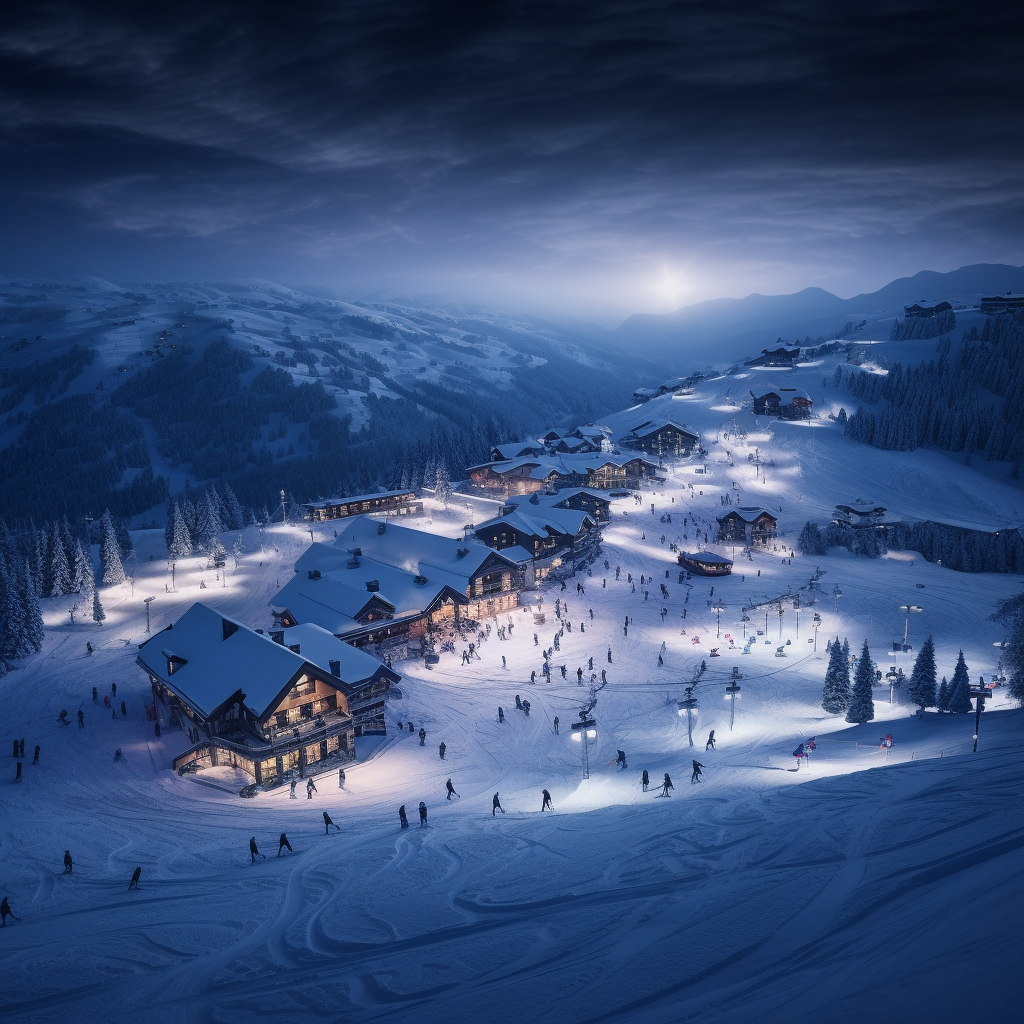November 6, 2023
Impact of Climate Change on International Skiing – Rettenbach Glacier’s Deterioration
Book a Demo
In the realm of international sports, few figures stand as prominently as Bode Miller, the six-time Olympic medalist. A decade after his last participation in the Alpine skiing World Cup in Austria, Miller has noted the alarming changes in the Rettenbach glacier, changes that can be directly attributed to the global issue of climate change. This shift in the glacier’s condition is leading to growing concerns about the sustainability of racing on such terrains, particularly during high temperatures at the start of the ski season.
Greenpeace, the renowned environmental organization in Austria, has highlighted the significant environmental impact of preparing the Rettenbach glacier for the World Cup. The same concerns echo across the Alps, with the upcoming Zermatt-Cervinia downhills in Switzerland and Italy also being scrutinized from an environmental perspective. Despite these concerns, organizers argue that the work done on the glacier is crucial for its preservation. Without such efforts, they claim, skiing on the glacier would be impossible.
In response to these challenges, the Austrian ski federation has established a dedicated task force. Its mandate is to develop strategies that address the future of ski racing in the face of climate change. One of the suggested solutions is a potential reshuffling of the schedule for the upcoming season. This approach is seen as a way to mitigate the effects of high temperatures on the glaciers.
However, not everyone agrees with the measures taken so far. Climate activists have voiced their opposition to the excavations on the Rettenbach glacier in Soelden for the World Cup opening. Their main contention is that these activities are causing the destruction of the natural landscape. To prepare the 1.2-kilometer course for the event, organizers in Soelden covered it with 45,000 cubic meters of preserved snow from last spring. This was supplemented with artificial snow from 22 snow cannons, a move that raised additional environmental concerns.
These developments have led Austrian Climate Action and Environment Minister Leonore Gewessler to question the necessity of starting the ski season in October. Her concerns about rising temperatures have led to discussions regarding potential schedule changes for the next season. As the world continues to grapple with climate change, the future of winter sports and the preservation of our natural landscapes hangs in the balance. The situation with the Rettenbach glacier serves as a stark reminder of the challenges we face and the urgent need for sustainable solutions.



